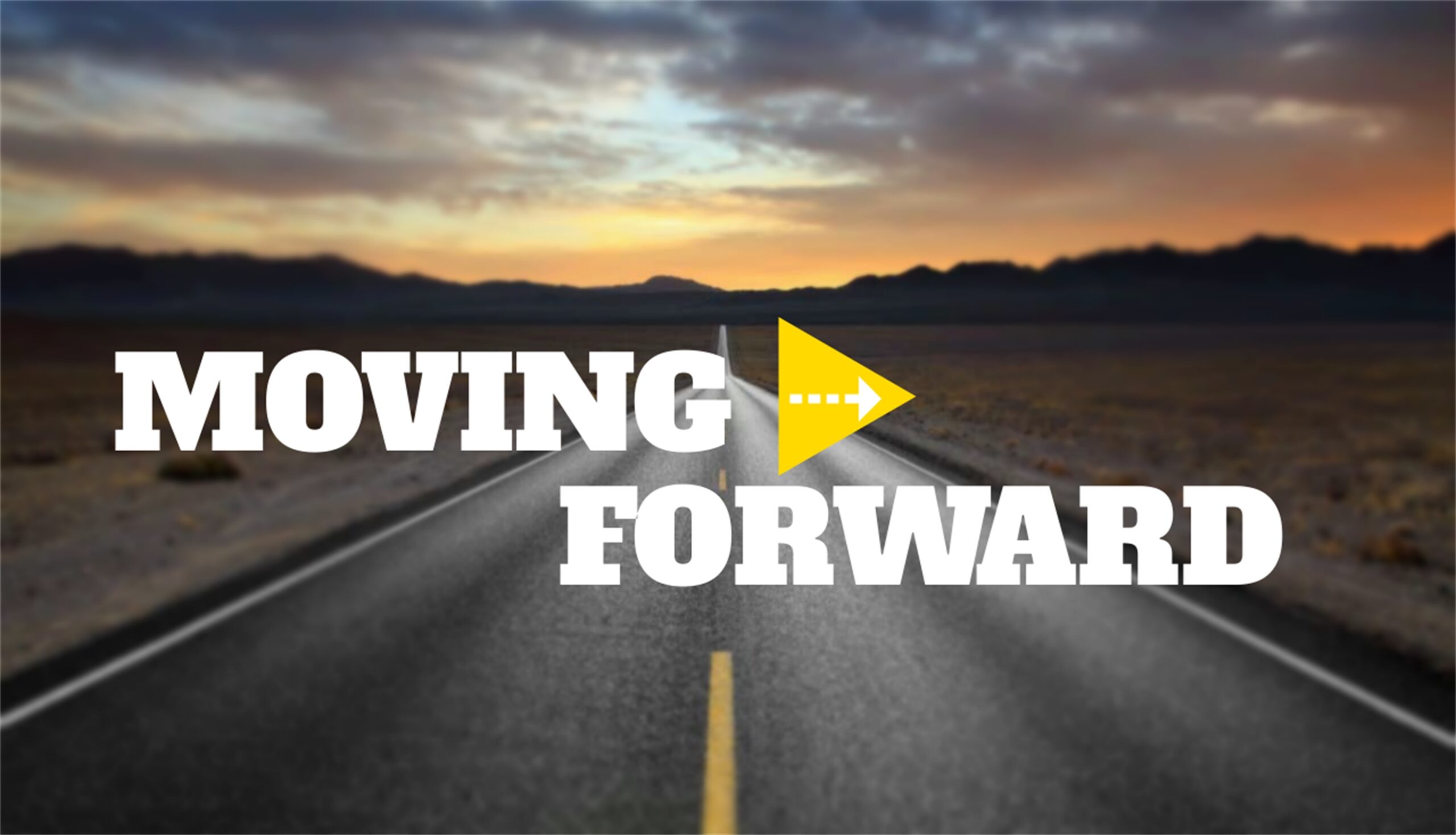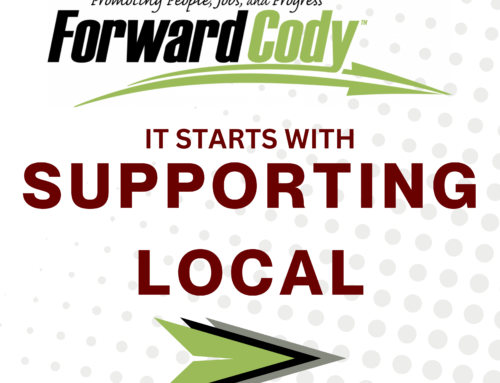It was good to witness the many events of the Fourth of July around Cody. While the attendance didn’t approach that of previous years, the spirit of independence was alive and well. It was a much needed shot in the arm for a community struggling to come to grips with all that has occurred in the past few months. It caused me to think- “What’s next?” How do we learn from this experience and how do we become better prepared?
Last month, I wrote about how the pandemic knocked us off center as humans. I’d like to focus this month on how we as businesses can become more resilient, recovering from this recent trial, and preparing for future ones. There is no doubt that we learned much about our vulnerability as a country, our dependence on the undependable, and the critical need to maintain strong relationships in all facets of our business.
The word resilience isn’t used very often in conversation. But for most of us, it’s an integral part of our daily lives. In a nutshell, it is our capacity to recover quickly from difficulty. It’s how we bounce back.
I read a piece from a psychologist who said, “Sometimes the word resilience is something we look at defined by the outcome.” It’s the “Whew, I got by that one!” sense. But resilience in terms of business is more about the process than the outcome. It’s the things that you do on a daily basis to address issues and institute routines that prevent them from reoccurring. Doing so eliminates a lot of the stress and anxiety that we face every day in the business world.
In researching for this article, I came across an interesting assemblage of words which help define the term resilience as it relates to business. They are: Meaning, Positivity, Engagement, Relationships, Vitality and Achievement.
Meaning. Is your work your passion? Is it your true calling – what you were meant to do? Noted business guru Guy Kawasaki once said, “If you want to make money in business, make meaning.” How do you make what you do, matter to the people you serve? Do you sell your product based on its features, or based on the benefits they provide your customers? Your number one task in business is to make it meaningful for the people you serve. Don’t simply sell people a trinket, sell them the story behind it and why it matters.
Positivity sounds simple, but is it? Do the people you serve look forward to approaching your business? Or do they have the desire to pop in and pop out? Chances are if it’s the latter, the aura of your business is pretty dim and not compelling to your clients. How many times have you walked into a business only to be regaled of the horrible day the owners had? While it’s tough to deal with the day-to-day sometimes, you as business owner are a direct reflection of your business attitude. If you portray negativity, it will mirror to your customers. Believe me, customers don’t relish going to negative places.
Engagement is your immersion in your business and your community. Does what you do in the community reflect upon your business? Does your success as a business translate to our success as a community? This is where truly rising tides do lift all ships! Immerse yourself in your community as you do in your business and you’ll not only be a lot happier, but your business will also be too!
Relationships have become of utmost important during this pandemic. We all lost the ability to connect regularly and in-person with our friends, neighbors, and customers. While we tried to replace that with electronic means, I think we all realize that fell a little bit short. Now, is the perfect time for businesses to reconnect with their customers in a more meaningful way. Think about how your business missed their regular visits, not just from a monetary standpoint – but from a vibrancy standpoint. Your business is a living organism whose heart just stopped for a few months. It’s going to take a special effort to restart it and make it even stronger. So again, think about addressing those old customers in a new way. That is sure to deepen their connection to you and at the same time strengthen your business.
Vitality. It is my hope that during the COVOD intermission, businesses took the time to do some introspection. It was a great time to take care of a lot of the little things that we just didn’t have time to do. Maybe it was a storeroom that needed cleaned out, or an accounting program we wanted to learn. Or maybe it was just taking the time to build routines into your schedule that will enhance your mind body and spirit. We all get caught in the day-to-day so much that we let these things slide. We figure they’ll all be there tomorrow, and we can handle them then. Well trust me when I tell you that tomorrow’s a long way away. Set your mind to improving your vitality as a being (see last month’s article) and make a focused effort to get those nagging things out of your way. You’ll feel better, business will do better, and it will make your entire organization more vital.
Achievement means goalsetting. It means really thinking about where your business is going and how you’re going get there. Again, think about where you were when the pandemic struck. Are you back to doing the same old thing, or have you modified your strategy somewhat? Do your new goals reflect creative ways to manage supply chains, promotion, customer service or order fulfillment? Doing so now helps you prepare to manage another crisis down the road. It’s not enough to wipe our brow and be thankful it’s over, because sure as you know it, this pandemic or something like it, will be back. Your sense of achievement as a company will rely on your ability to learn from this experience and be stronger the next time around.
Resilience is the art of bouncing back. By this article’s printing in August, it’s my hope that we will be well on our way to a more typical profile for business. I won’t say new normal, because I think that term is overused. Besides, anyone who has been in business knows that there is nothing normal about business. It’s a constant battle to be resilient to change, adjusting, adapting, and addressing issues as they occur. My hope is that these simple steps might help you think through a plan for your company to begin addressing the next impasse.




